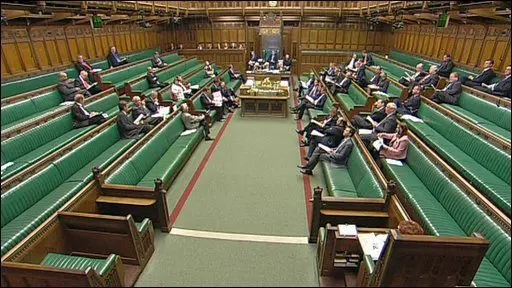Despite some concerns that the Government could back-track on some of the more generous aspects of the draft legislation, in particular the eligibility criteria, few changes were made to the legislation prior to its first reading in parliament earlier this week.
In some areas, the scope of the relief which will allow profits from patented inventions to be taxed at a lower rate from April 2013 has been extended further.
Michael Jaeger, patent attorney at Withers & Rogers, said: “Whereas eligibility was previously limited to profits from patents granted by the UK Intellectual Property Office or the European Patent Office, it has now been extended to encompass patents granted in some other EEA countries, where the rules of patentability are similar to those that apply in the UK.”
The other countries where granted patents will be considered eligible for Patent Box relief are Austria, Bulgaria, Czech Republic, Denmark, Estonia, Finland, Germany, Hungary, Poland, Portugal,Romania, Slovakia and Sweden.
According to Withers & Rogers, this move is unlikely to add significantly to the number of patents that are eligible for the Patent Box.
Jaeger added: “Relatively few UK companies are likely to file a patent in Germany, for example, and not in the UKor at the European Patent Office. There will be some doing this, however, depending on where they are marketing their patented products, and for these businesses the Patent Box will come as a welcome surprise.”
The amended Patent Box legislation has also provided further clarification about what does and doesn’t need to be included in ‘routine return’ deductions prior to the 10% tax rate being applied to the qualifying profits. In particular, it is now clear that all costs associated with obtaining patent protection, including the cost of professional services fees, don’t need to be deducted, so the overall profit pot will be greater.
While not an amendment as such, another area of opportunity that has been generating interest from businesses and their advisers is the rule stating that even distributors, or arms-length businesses, that own the exclusive rights to a patented invention could find that their profits are eligible for Patent Box.
Michael Jaeger concluded: “This is an important rule that has extended the scope of Patent Box considerably and creates an opportunity for distributors of patented products to be among its beneficiaries.”
The Patent Box legislation will have its second reading in Parliament on 16th April 2012.


